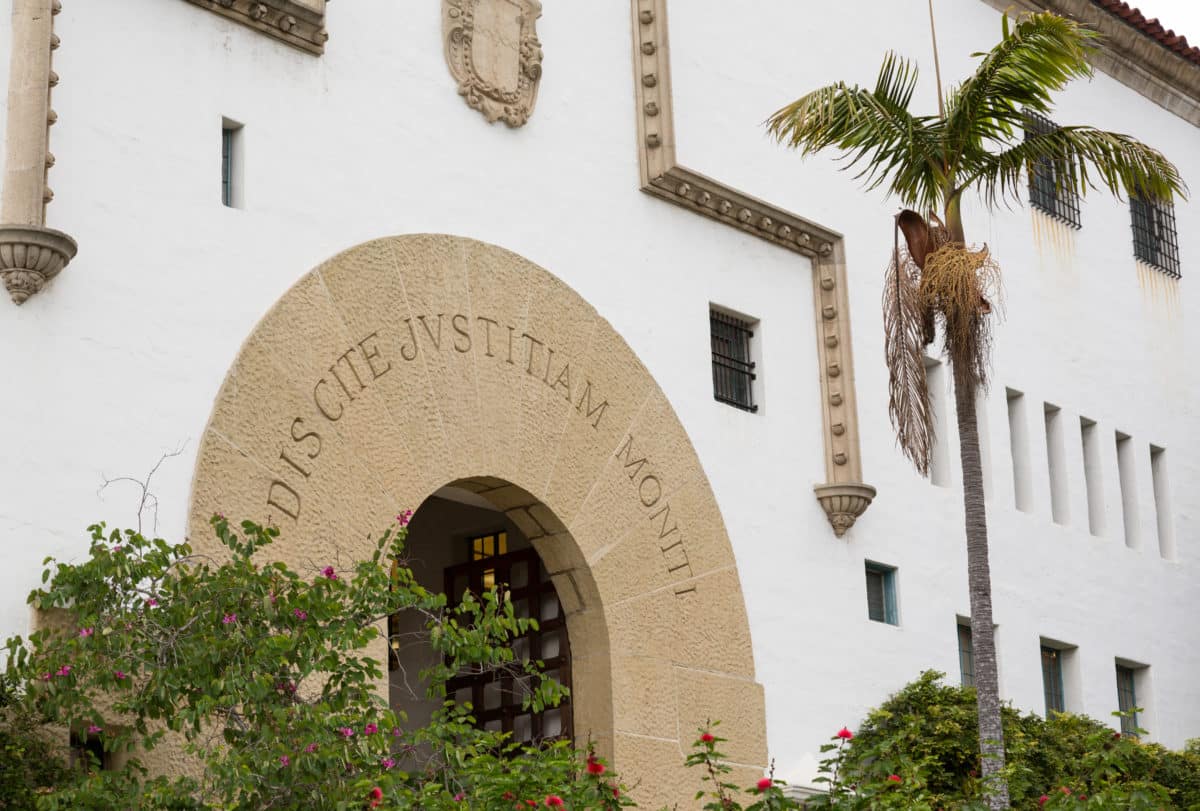In a probate case the court appoints a personal representative (called an executor if there is a will or an administrator if there is no will) to collect assets, pay debts and expenses, and then distribute the remainder of the estate to the beneficiaries, all under the supervision of the court. The entire case could take anywhere from 9 to 18 months, or even longer. However, probate administration compared to trust administration is finite, whereas the duration of trust administration can be indefinite. Lawyers often assist trustees in their administrative duties but they rarely agree to be trust administrators themselves. Red why here.
Depending on the size of the estate, much work needs to be done by the personal representative who will often be assisted by a lawyer. Both are entitled to compensation which could be set by the will, but if a will does not address compensation, compensation is determined by a a statutory fee schedule. Regardless, fees can only be disbursed upon approval and order of the court.
The fee schedule for both the personal representative and the attorney for the personal representative are the same, but are found in different sections of the probate code (10800 and 10810, respectively).
(1) Four percent on the first one hundred thousand dollars ($100,000).
(2) Three percent on the next one hundred thousand dollars ($100,000).
(3) Two percent on the next eight hundred thousand dollars ($800,000).
(4) One percent on the next nine million dollars ($9,000,000).
(5) One-half of 1 percent on the next fifteen million dollars ($15,000,000).
(6) For all amounts above twenty-five million dollars ($25,000,000), a reasonable amount to be determined by the court.
This statutory fee schedule for probate administration. In contrast, for estate planning the fee schedules are set by individual attorneys.
What is estate planning vs. estate administration?
Avoiding Probate in California – In trusts we trust?


